Swiss teachers stretched thin with unpaid overtime work
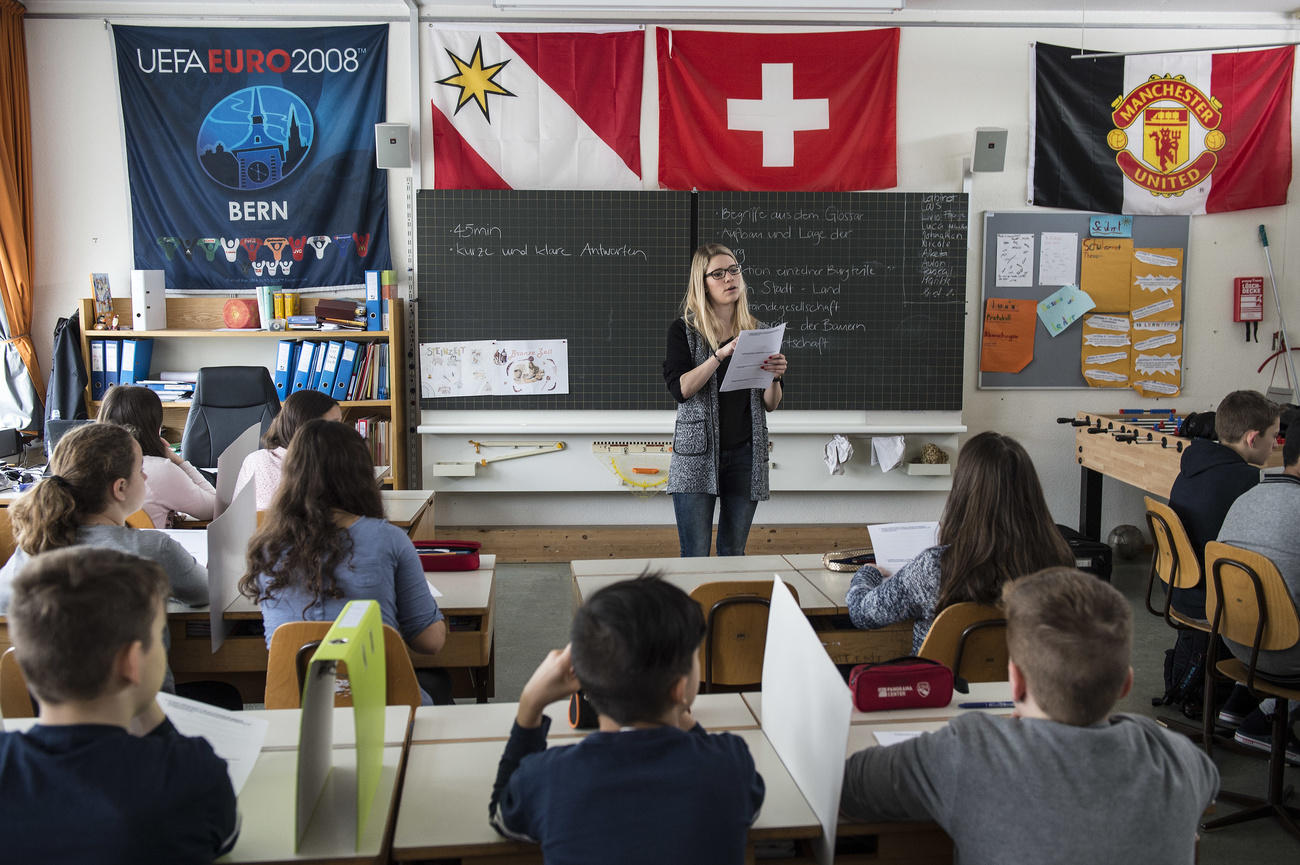
Swiss teachers are still working too much unpaid overtime, particularly in German-speaking Switzerland, according to a new survey by two major teachers’ associations.
“Swiss teachers have the highest number of working hours of all OECDExternal link countries and work unpaid overtime for hundreds of millions of francs,” denounced Beat Zemp, president of the Swiss Teachers’ AssociationExternal link (LCH). The survey, which was conducted in both French and German-speaking parts of the country, tapped the views of 10,000 teachers.
+ What statistics don’t say about teachers salaries
Regional differences
The poll found that teachers in German-speaking Switzerland record nearly 13% overtime hours, compared to just over 2% in the French-speaking part of the country.
In the German-speaking region, the annual average working time for a full-time teacher is 2,164 hours for a job that on paper represents 1,916 hours. On the French-speaking side, full-time teachers are expected to work 1,853 hours annually but end up working 1,892.
Such regional differences can be partly explained by different conditions. Under Switzerland’s federal system, cantons oversee education policy and determine salary levels.
Teachers in French-speaking Switzerland, for example, perform fewer additional duties than their German-speaking colleagues. Their teaching and non-school activities require less time.
While they work fewer overtime hours and most indicated they are satisfied or very satisfied with their professional activity, two-thirds of French-speaking teachers find their profession stressful. About 60% of them feel their health status is deteriorating as the school year progresses.
Fewer overtime hours than in 2009
On the positive side, teachers appear to be accumulating less overtime than they did ten years ago. A 2009 study, conducted only in the German-speaking regions of Switzerland, showed that teachers worked an average of 167 hours more than they do today.
The reduction in working time is due to efficiencies in the education system and administration. The number of continuing education courses has been reduced and there has been a shift from short-term preparation to long-term planning.
Part-time workers at risk
To avoid overwork, about one in five teachers “voluntarily” reduces their workload. “A 100% workload is difficult to maintain under current conditions,” says Franziska Peterhans of the Swiss Teacher’s Association. However, working part-time doesn’t appear to be a solution. “The lower the workload, the greater the number of overtime hours,” adds Peterhans. “Teachers working less than 50% have an additional workload of 22%. This is way too much.”
“We need to set up appropriate responsibilities,” says Samuel Rohrbach, president of the French-speaking teachers syndicate (SER)External link. “There is an incompressible aspect of work. Whether you work 100% or 50%, there are the same number of coordination sessions and the same number of continuous training sessions.”
The teachers’ associations are calling for an end to unpaid overtime, a reduction in the number of mandatory courses, more resources for classroom supervision and more time for discussions with parents.

In compliance with the JTI standards
More: SWI swissinfo.ch certified by the Journalism Trust Initiative


















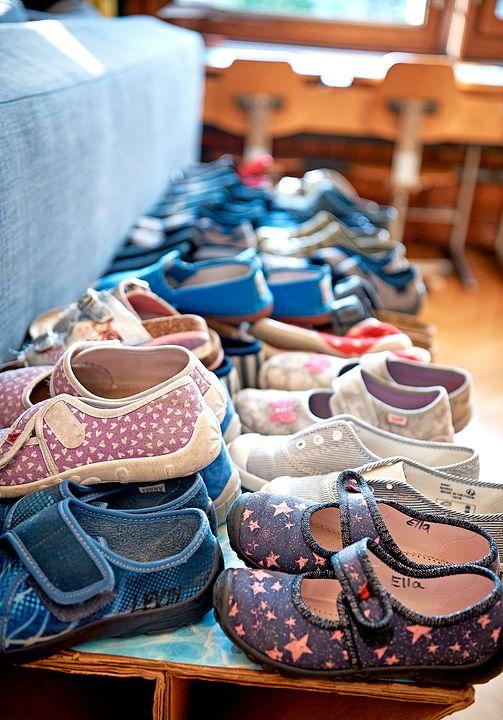
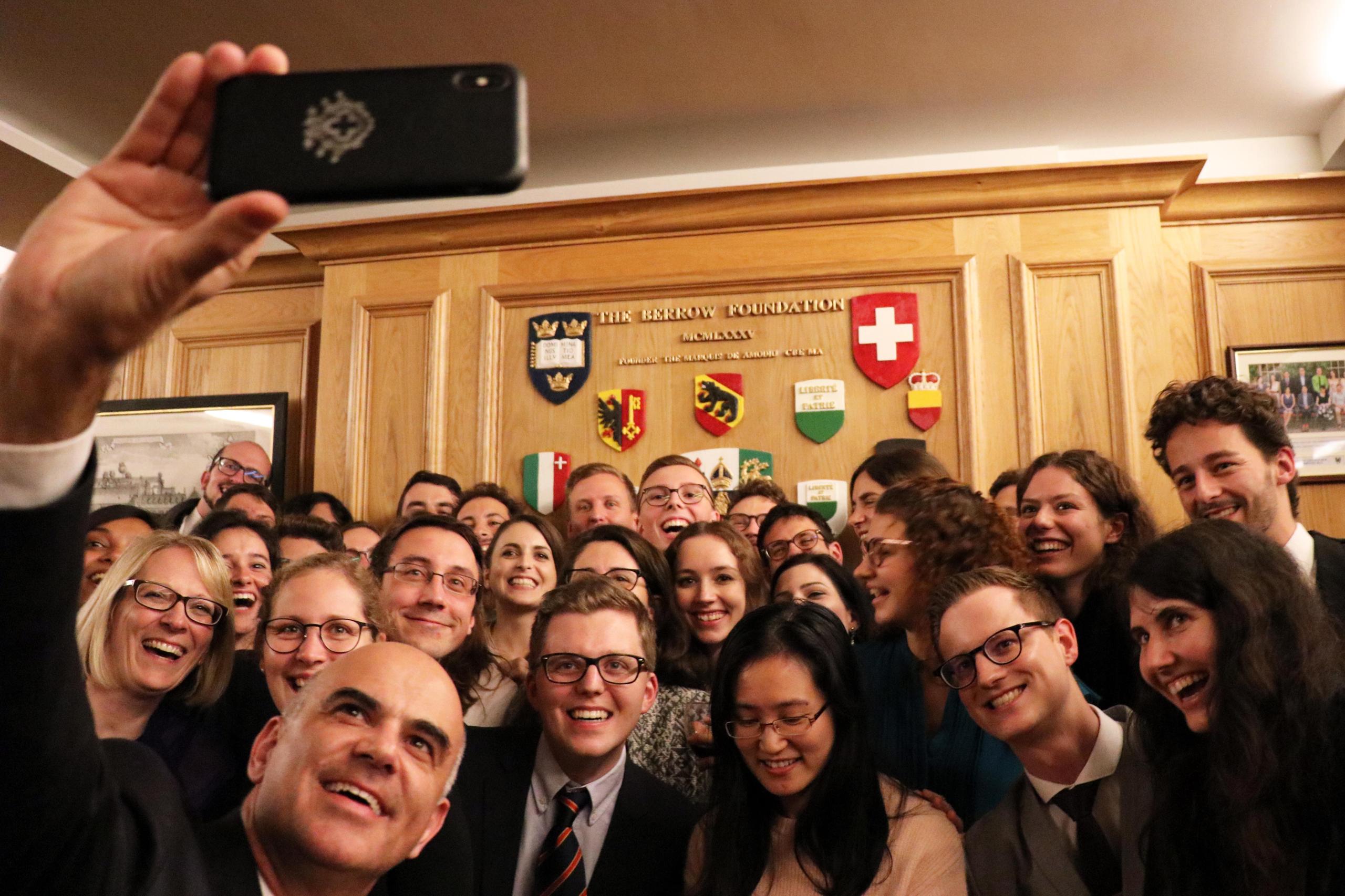
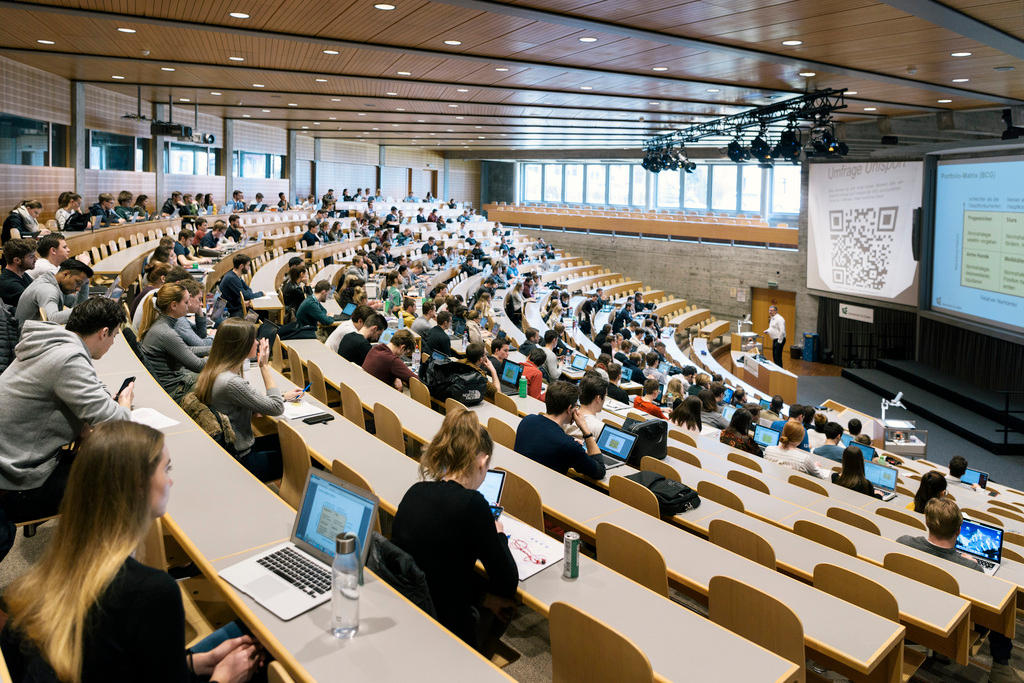
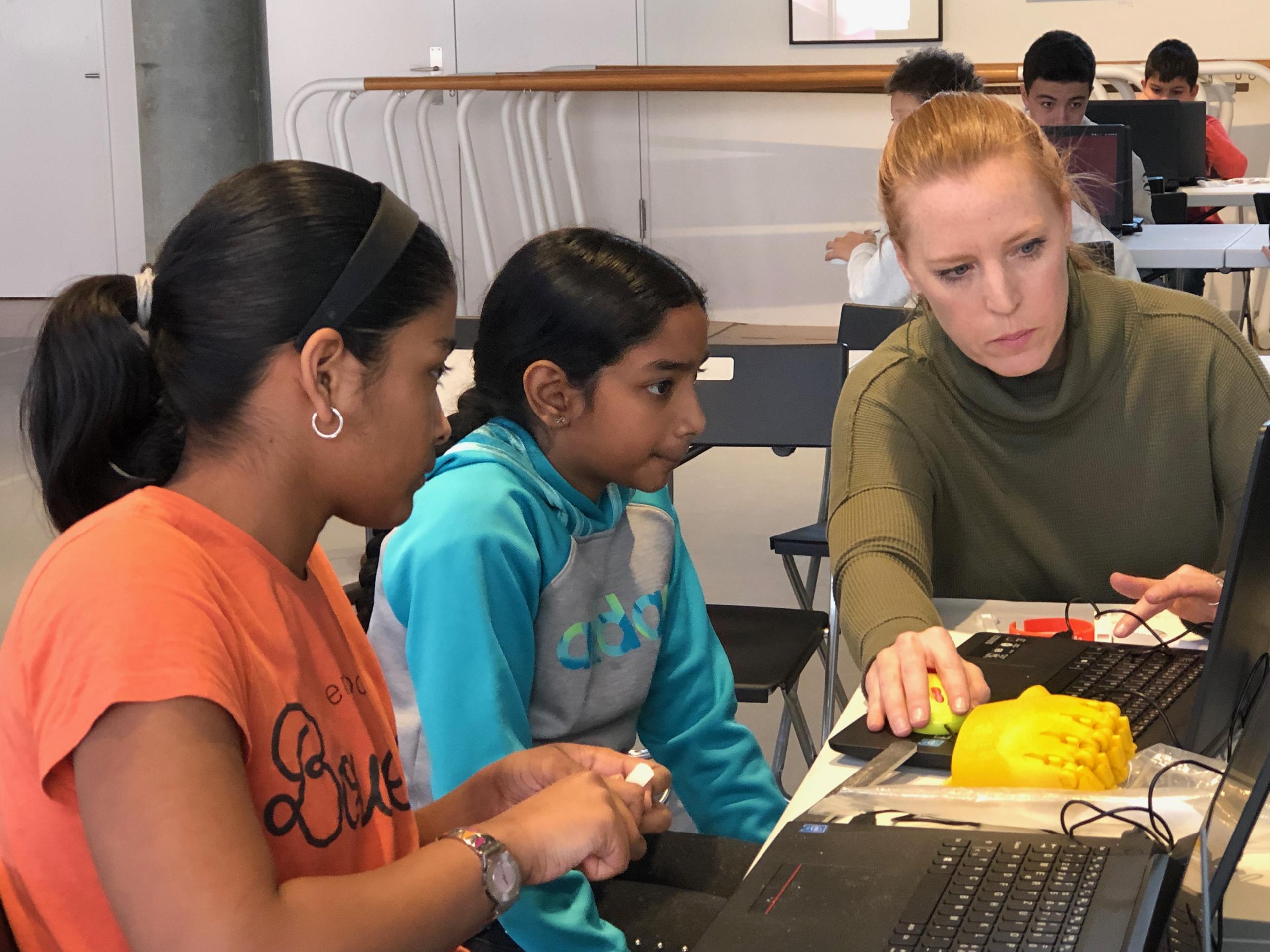
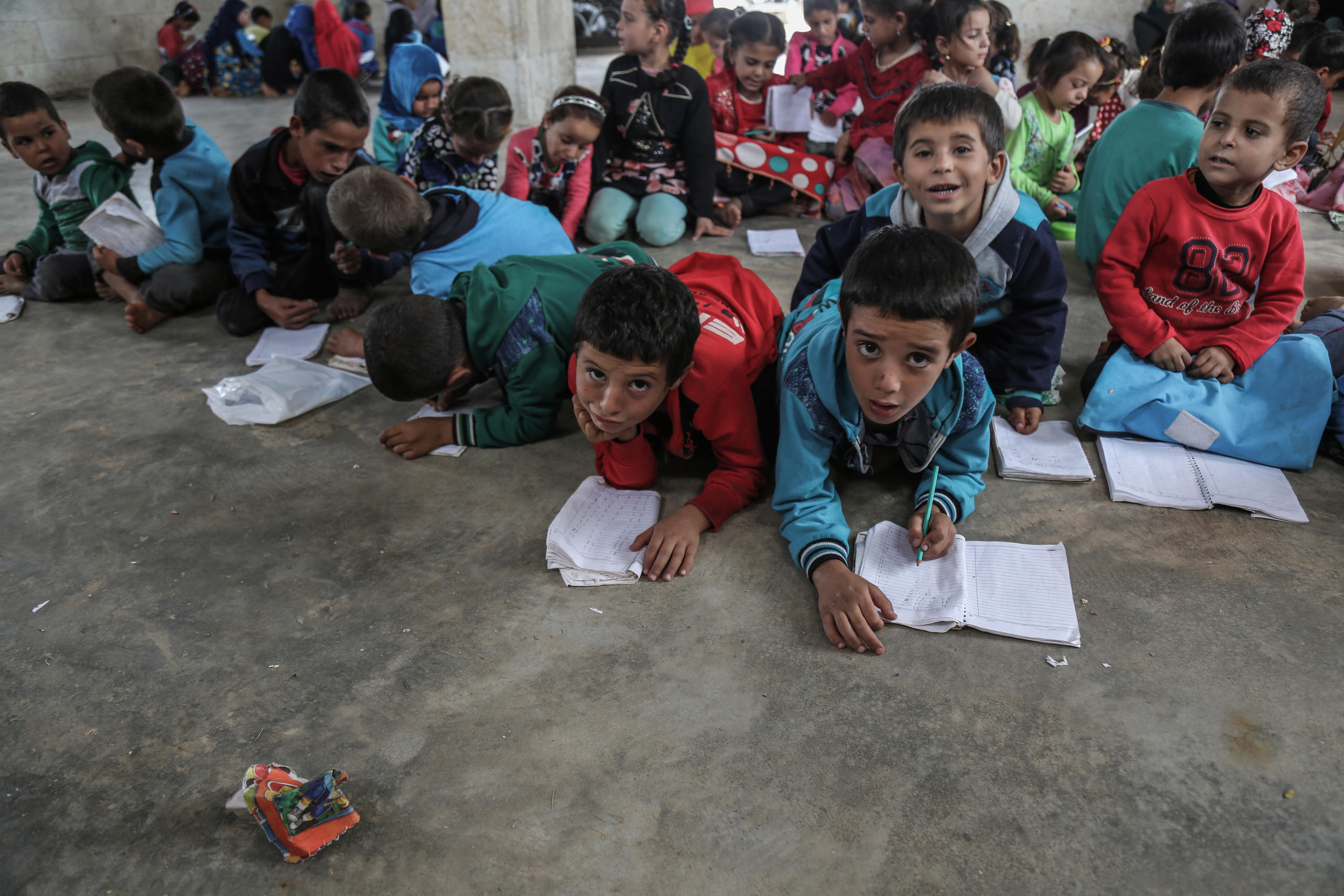


You can find an overview of ongoing debates with our journalists here . Please join us!
If you want to start a conversation about a topic raised in this article or want to report factual errors, email us at english@swissinfo.ch.